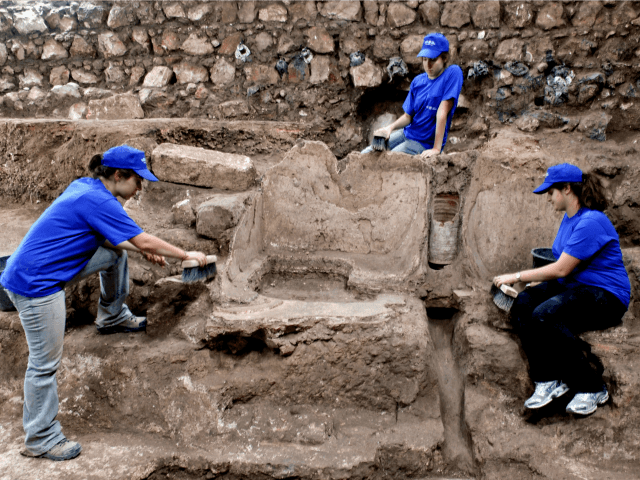The Algemeiner reports: JNS.org – Remains of plants believed to be 780,000 years old were unearthed during excavations at Gesher Bnot Yaakov, a Stone Age archaeological site in the Hula Valley in northern Israel. The discovery provides proof of a plant-based diet in the Paleolithic era, countering the common claim that ancient humans’ diet was based heavily on animal products.
In a study published in the scientific journal Proceedings of the National Academy of Sciences, Prof. Naama Goren-Inbar of the Institute of Archaeology revealed that more than 20,000 remains of edible plants were discovered at the site, providing evidence of the variety of plants and vegetables available to prehistoric humans. The discovery is the “earliest known archive of food plants,” according to the study.
“In recent years, we were met with a golden opportunity to reveal numerous remains of fruits, nuts and seeds from trees, shrubs and the lake, alongside the remains of animals and man-made stone tools in one locality,” said Goren-Inbar, who — along with Bar-Ilan University’s Dr. Yoel Melamed — identified 55 species of edible plants.

COMMENTS
Please let us know if you're having issues with commenting.